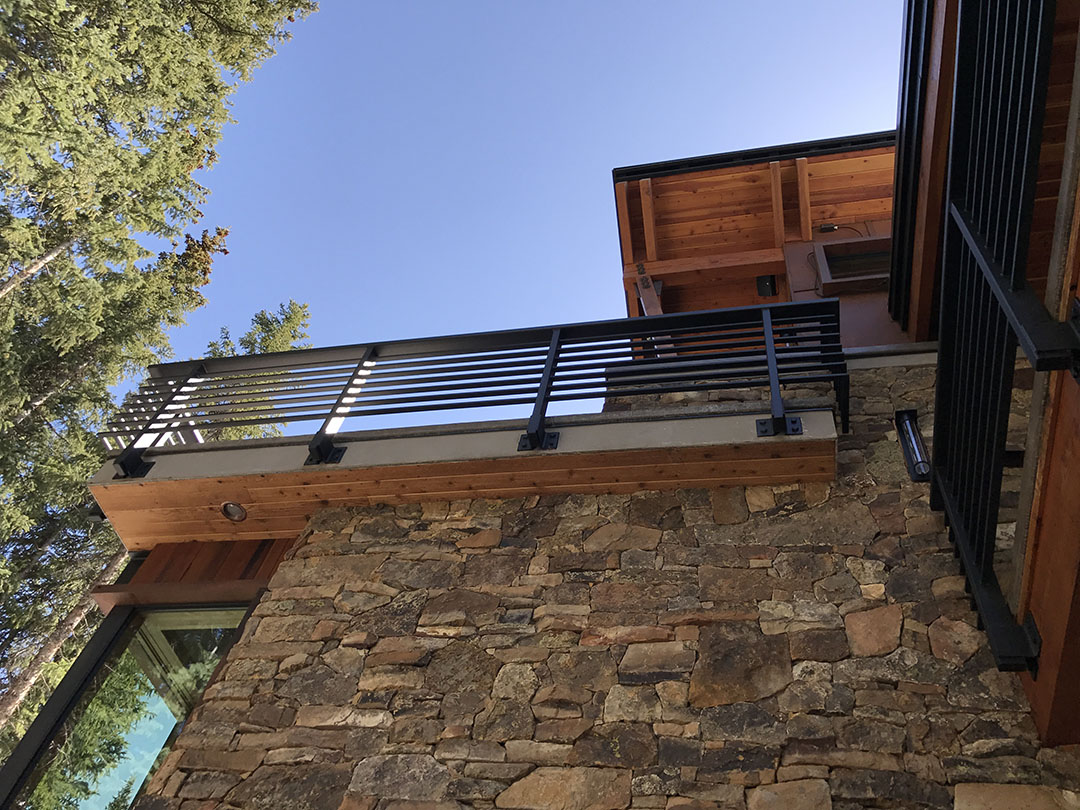Special Problems in Architecture
Arch 5301 · 3 Semester Credit Hours
Prerequisite: College approval. Individual study projects in architecture of special interest to students. May be repeated for credit.
Advanced Research in Environment, Architecture and Global Health
Arch 5301 · Lingyi Qiu, PhD
This course examines seminal and current research at the intersection of environmental conditions and human health around the globe. It introduces techniques for locating and interpreting research and synthesizing findings. Through course projects, students explore a range of epistemologies and research ontologies and compare results and utility for health-focused architectural and environmental design and policy interventions.

Architectural Detailing – Why – How – The Human Experience
Arch 5301 · Darrick Wade, AIA
An exploration of architectural detailing through reading, research, discussion, sketching, emulating, and creating. This course will explore why details are important, how details are designed and communicated, opportunities for detailing, and the resulting human experience. Students will develop and demonstrate an understanding of the function of detailing and a deeper understanding of opportunities latent in details. Deliverables include: writings, sketches, common practice details, and details of their own design.

MODEL
design, object, cultus
Arch 5301 · Brian C. R. Zugay, PhD
The architectural model is one of the most alluring forms of architectural production, functioning in multiple ways for multiple audiences. As a central tool in the design process, models are instrumental in conceptualizing and developing a project, as well as presenting and communicating a design proposal to a client and to a larger public. Yet models are often separated from these generative and presentational phases and take on other functions and meanings. They also exist and are produced outside of the architectural discipline and have wide popular appeal. This research seminar will critically explore and investigate a broad range of historical and contemporary architectural models, their architect and non-architect makers, and their varied purpose, meaning, and agency. And, it will evaluate how architecture operates through models across disciplinary, artistic, political, religious, popular, and private contexts.
Huckabee College of Architecture
-
Address
Texas Tech University, 1800 Flint Avenue, Lubbock, TX 79409 -
Phone
806.742.3136 -
Email
architecture@ttu.edu

